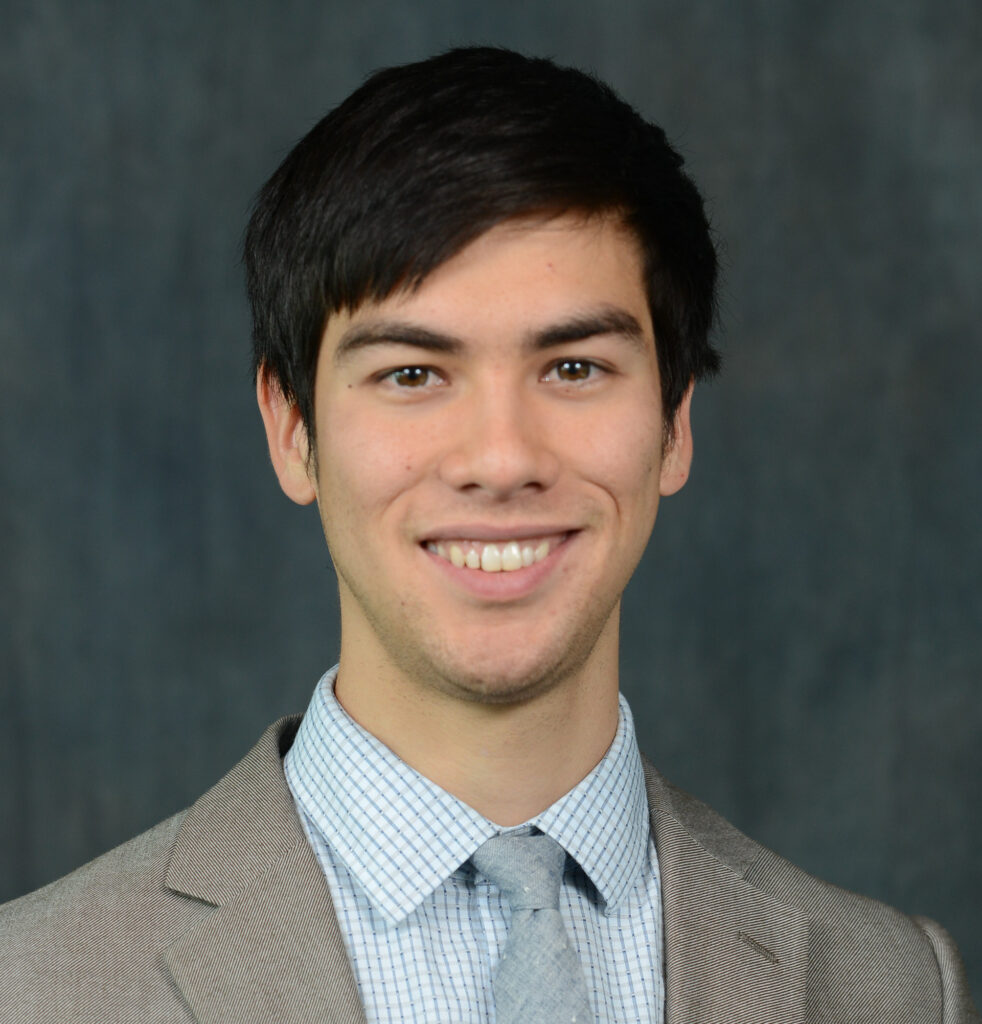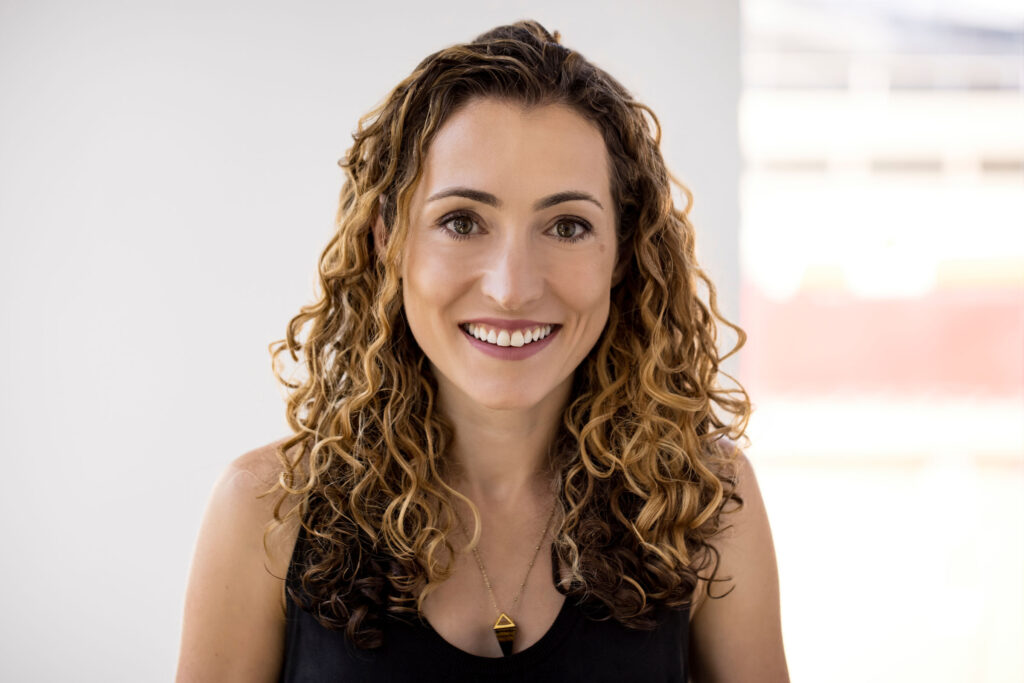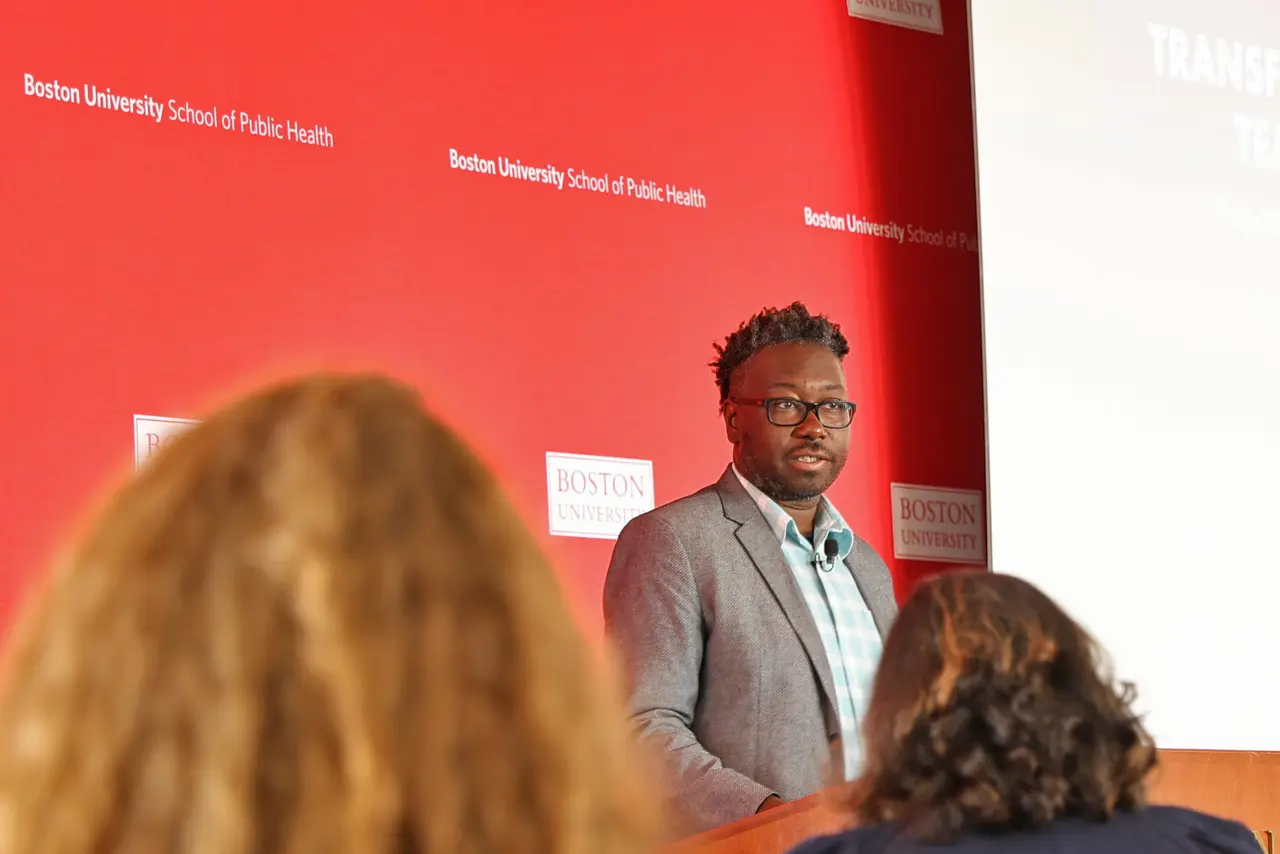Speakers

Melody S. Goodman
Senior Executive Vice Dean; Professor of Biostatistics, New York University School of Global Public Health
Melody received her B.S. summa cum laude in applied mathematics-statistics and economics (double major) from Stony Brook University. She received her M.S. in biostatistics from the Harvard T.H. Chan School of Public Health and her Ph.D. from the Department of Biostatistics at Harvard University with minors in theoretical statistics and the social determinants of health disparities. She is the Vice Dean for Research, Professor of Biostatistics, and Director of the Center for Anti-racism, Social Justice & Public Health at the New York University School of Global Public Health. The National Institutes of Health, Robert Wood Johnson Foundation, Verizon Foundation, Long Island Community Foundation, Patient Centered Outcomes Research Institute, and Susan G. Komen for the Cure have funded her work. She has over 100 peer-reviewed journal articles and two books (2018 Routledge/Taylor & Francis Group): 1) Public Health Research Methods for Partnerships and Practice and 2) Biostatistics for Clinical and Public Health Research. She is a Fellow of the American Statistical Association (2021) and the inaugural recipient of the Societal Impact Award from the Caucus for Women in Statistics (2021).
Dr. Goodman is a biostatistician and research methodologist. Her research interest is identifying the origins of health inequities and developing, as necessary, evidence-based primary prevention strategies to reduce these health inequities. Dr. Goodman’s research efforts seek to develop a more rigorous understanding of the social risk factors that contribute to health inequities in urban areas with the goal of developing culturally competent, region-specific solutions through collaborative activities with community members, community-based organizations, faith-based organizations and other community health stakeholders. The purpose of this work is not to continue to identify problems; rather, her work focuses on the development of solutions for improving health in minoritized and medically underserved communities. Dr. Goodman has two primary lines of research: 1) an applied methods track that conducts applied biostatistical and survey research for community-based interventions and health inequities research with a strong focus on measurement; and 2) a community-engaged research track with a focus on enhancing the infrastructure for community-engaged research through academic-community collaborations, as well as the implementation and evaluation of community-engaged research projects to reduce health inequities.

Yulin Hswen
Assistant Professor of Epidemiology and Biostatistics, UCSF School of Medicine
Dr. Hswen is an Assistant Professor in the Department of Epidemiology and Biostatistics and the Bakar Computational Health Institute at the University of California San Francisco and faculty in the joint Computational Precision Health Program with UC Berkeley. Dr. Hswen graduated with a Doctoral Degree in social and computational epidemiology at Harvard University. She is also an Associate Editor for JAMA and JAMA Network, where she leads the strategy for multimedia in AI and medicine. https://jamanetwork.com/channels/ai
Dr. Hswen’s current research is at the intersection between the digital environment and society, where she focuses on using new artificial intelligence and machine learning methods to uncover social patterns of disease and to develop unbiased and fair systems of health.
Dr. Hswen is in the pursuit of detecting uncomfortable truths and seeks to identify authentic attitudes, feelings, and beliefs that influence population behavior and health. Through the collection of unconventional and underground online social networks, Dr. Hswen captures unfiltered conversations to further understand the connections between social experiences and health.
Dr. Hswen’s research has been published in top medical and public health Journals such as, The New England Journal of Medicine, The American Journal of Public Health, Preventive Medicine, Nature npj Digital Medicine, Nature Human Behavior, Nature Scientific Data, JAMA Network Open and JAMA, and her work has been featured in CBC News, Bloomberg News, Nature Magazine, and The Wall Street Journal.
Dr. Hswen has served as Deputy Editor of the Harvard Public Health Review and is on the Editorial Board for Nature Journals Scientific Reports, and Humanities and Social Sciences Communications. Dr Hswen was previously a Kennedy Fellow at Harvard University and a Chateaubriand STEM Fellow, the Embassy of France, and The French National Research Agency for researchers to study the environment and health in France. Before joining UCSF, Dr. Hswen was a visiting Assistant Professor at Aix-Marseille School of Economics (AMSE) where she conducted research in behavioral economics in relation to the promotion of public health interventions. Dr. Hswen is interested in the application of behavioral economic theories to enhance the acceptance and adherence of healthy behaviors and the willingness to share information.

Michael R. Kosorok
W. R. Kenan, Jr. Distinguished Professor of Biostatistics; Professor of Statistics and Operations Research, UNC-Chapel Hill
Michael R. Kosorok, PhD, is W. R. Kenan, Jr. Distinguished Professor of Biostatistics and Professor of Statistics and Operations Research at UNC-Chapel Hill.
His research expertise is in biostatistics, data science, machine learning, artificial intelligence and precision medicine, and he has written a major text on the theoretical foundations of these and related areas in biostatistics (Kosorok, 2008, Springer) as well as co-edited (with Erica E. M. Moodie, 2016, ASA-SIAM) a research monograph on dynamic treatment regimes and precision medicine.
He also has expertise in the application of biostatistics and data science to human health research, including cancer, cystic fibrosis, nutrition and chronic back pain, among other disease and health areas. He was also the contact principal investigator on an NCI program project grant (P01 CA142538) for eleven years, which focused on statistical methods for novel cancer clinical trials in precision medicine, including biomarker discovery and dynamic treatment regimes. He has pioneered machine learning and artificial intelligence tools for these and related areas.

Nathan Lo
Assistant Professor of Infectious Diseases, Stanford University
Nathan Lo, MD PhD, is an Assistant Professor of Infectious Diseases at Stanford University. His research group studies the transmission of infectious diseases and impact of public health strategies with an ultimate goal of informing public health policy. His research blends diverse computational methodologies, including tools of epidemiology, modeling, pathogen genomics, and policy analysis. His interest spans across multiple infectious diseases including neglected tropical diseases, vaccine-preventable infections, and COVID-19.
Nathan received a BS in Bioengineering from Rice University, and MD and PhD in Epidemiology from Stanford University. He completed a clinical residency in internal medicine at UCSF, with subspeciality training in infectious diseases. In 2022, he received a NIH/NIAID New Innovator award.

Daniela M. Witten
Professor of Statistics and Biostatistics; Dorothy Gilford Endowed Chair of Mathematical Statistics, University of Washington
Daniela Witten is a professor of Statistics and Biostatistics at University of Washington, and the Dorothy Gilford Endowed Chair in Mathematical Statistics. She develops statistical machine learning methods for high-dimensional data, with a focus on unsupervised learning.
Daniela is the recipient of an NIH Director’s Early Independence Award, a Sloan Research Fellowship, an NSF CAREER Award, and a Simons Investigator Award in Mathematical Modeling of Living Systems. She received the Presidents’ Award from the Committee of Presidents of Statistical Societies (COPSS), awarded annually to a statistician under age 41 in recognition of outstanding contributions to the field of statistics. She also received the Spiegelman Award from the American Public Health Association for a statistician under age 40 who has made outstanding contributions to statistics for public health, and the Leo Breiman Award for contributions to the field of statistical machine learning. She is a Fellow of the American Statistical Association and the Institute for Mathematical Statistics, and an Elected Member of the International Statistical Institute.
Daniela is a co-author (with Gareth James, Trevor Hastie, and Rob Tibshirani) of the very popular textbook “Introduction to Statistical Learning”. She has served as an Associate Editor for Biometrika, Journal of Computational and Graphical Statistics, and Journal of the American Statistical Association, and as an Action Editor for Journal of Machine Learning Research. She currently serves as Joint Editor of Journal of the Royal Statistical Society, Series B.
Daniela completed a BS in Math and Biology with Honors and Distinction at Stanford University in 2005, and a PhD in Statistics at Stanford University in 2010.

Debbie M. Cheng
Professor of Biostatistics; Director of the Population Health Data Science Program, Boston University School of Public Health
Debbie M. Cheng is Professor of Biostatistics at the Boston University School of Public Health. Her research focus is on applied statistics and the design and analysis of clinical trials. She collaborates with investigators worldwide on several projects in the areas of substance abuse and HIV. She is Associate Director of the Providence/Boston Center for AIDS Research (CFAR) and Co-Director of the Biostatistics Core for the CFAR. Dr. Cheng is also Director of the Biostatistics and Data Management Core for the International URBAN ARCH Center, which aims to examine the impact of alcohol on multiple aspects of the TB disease continuum. Previously, she was Principal Investigator of the Biostatistics and Data Management Core for the URBAN ARCH Consortium. Dr. Cheng is the lead statistician for the Massachusetts site of the HEALing Communities Study, a multi-site cluster randomized trial aimed at reducing opioid-related overdose deaths in communities across four different states, the largest study of its kind in addiction science. Dr. Cheng is founding Director of the BUSPH Population Health Data Science Program. She has been an instructor for Introduction to Statistical Computing (BS723) and the Design and Conduct of Clinical Trials (BS722).

Subscribe to PHC
Get the latest from Boston University School of Public Health



